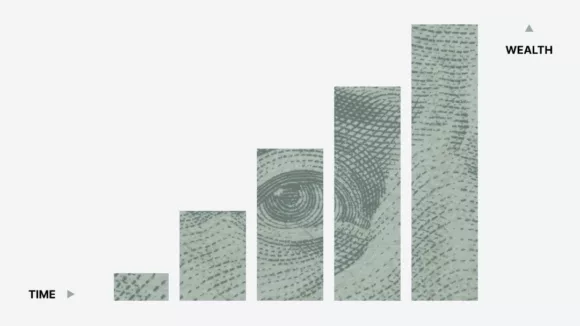These findings are counter to the perceived wisdom we often hear.
How is this possible? It doesn’t make sense
Some people will look at this data and think – “This doesn’t make sense. The value is meant to be in the land.”
Or you might think – “But it’s land that goes up in value, not buildings.”
But think about it this way: properties with less land are more affordable.
As property prices increase, demand for smaller-sized properties will likely increase.
Perhaps Kiwis are switching from larger, expensive properties to smaller, more affordable ones.
The other thing is – most people don’t buy a house for the land.
Think about the last time you went to an open home.
Where did you go first? Inside the house or out in the backyard?
If you’re like most people, you go into the house first and spend most of the time there.
The house and the location are the two factors people look for first. The size of the backyard is almost secondary.





